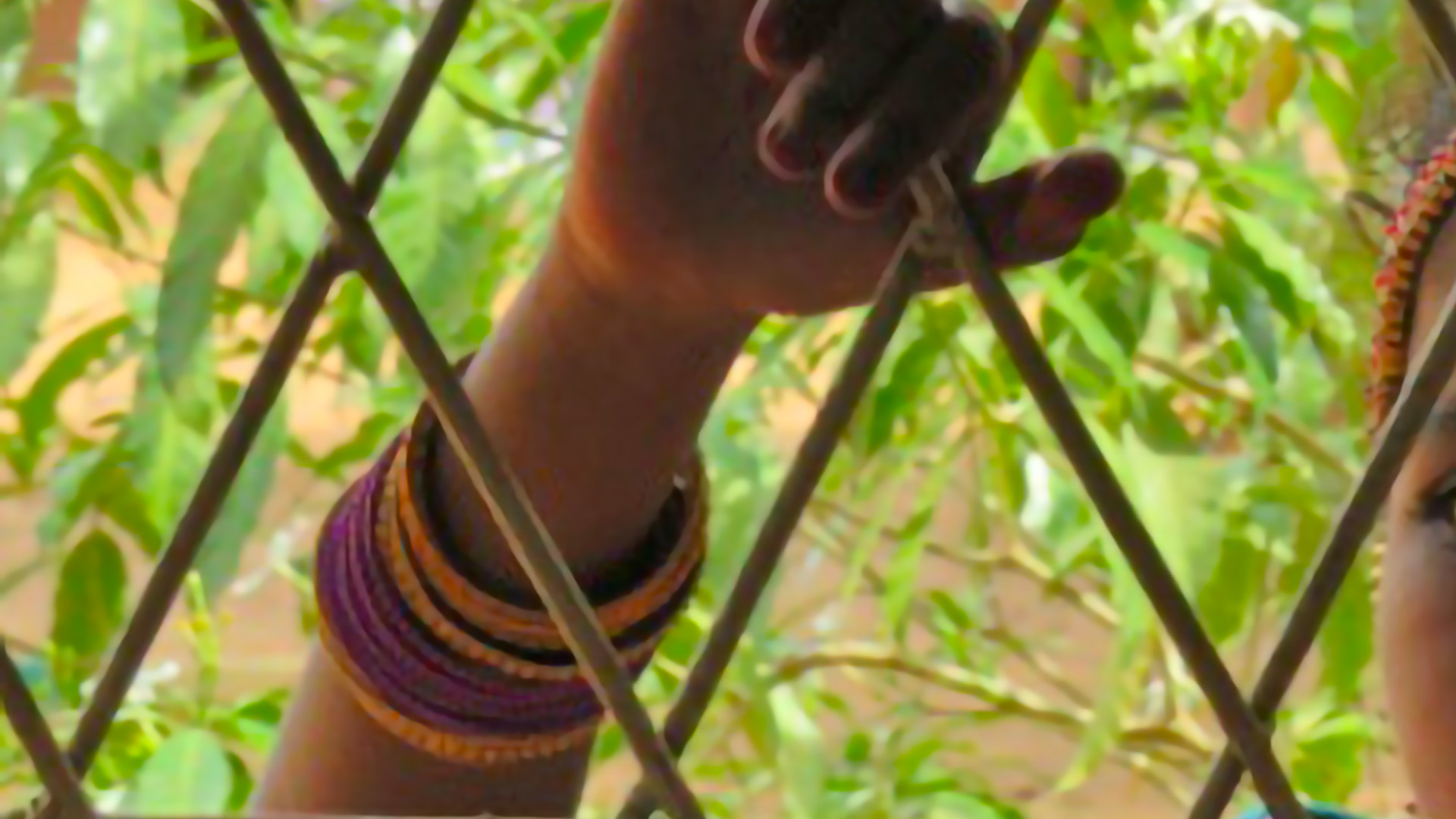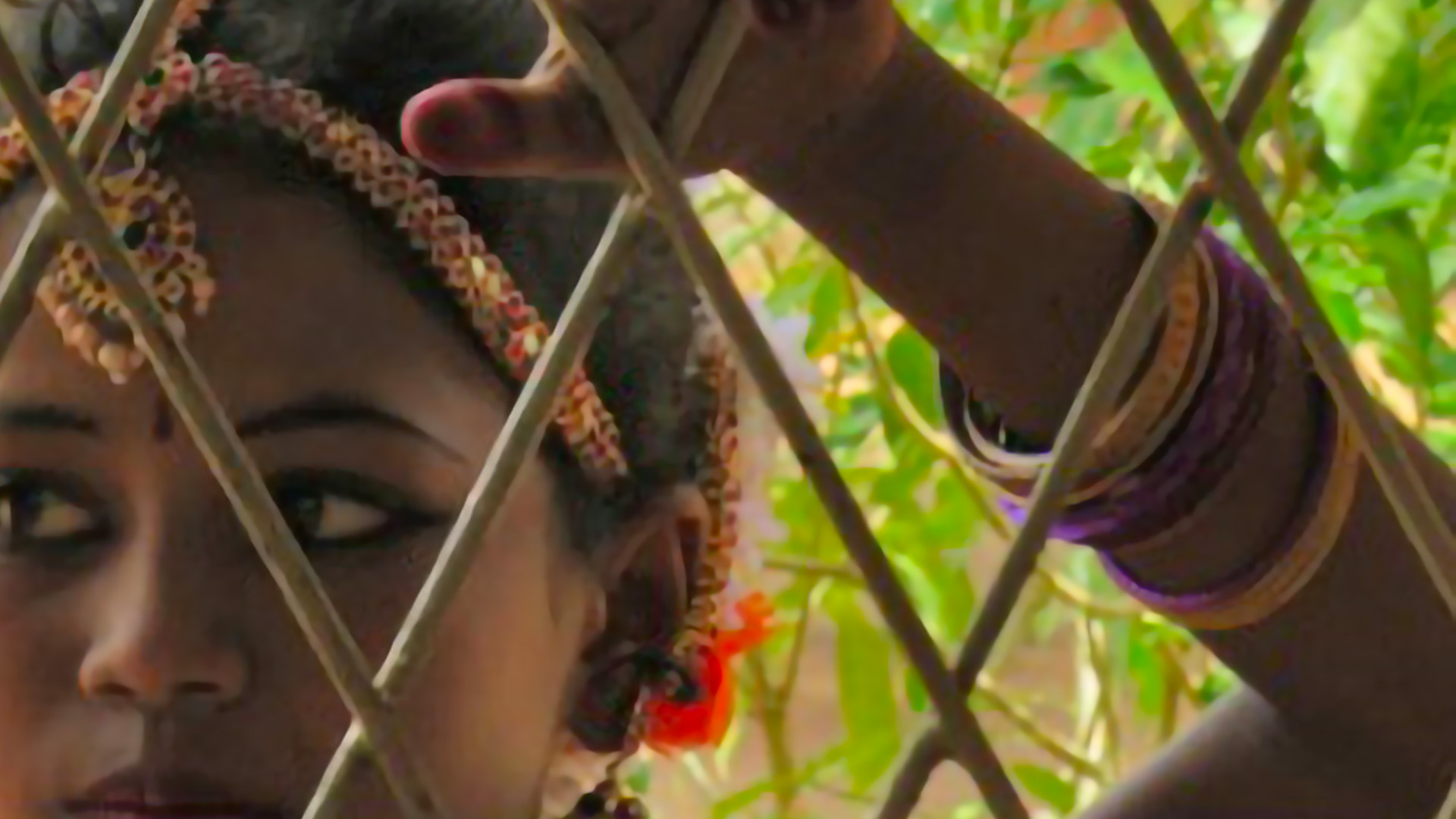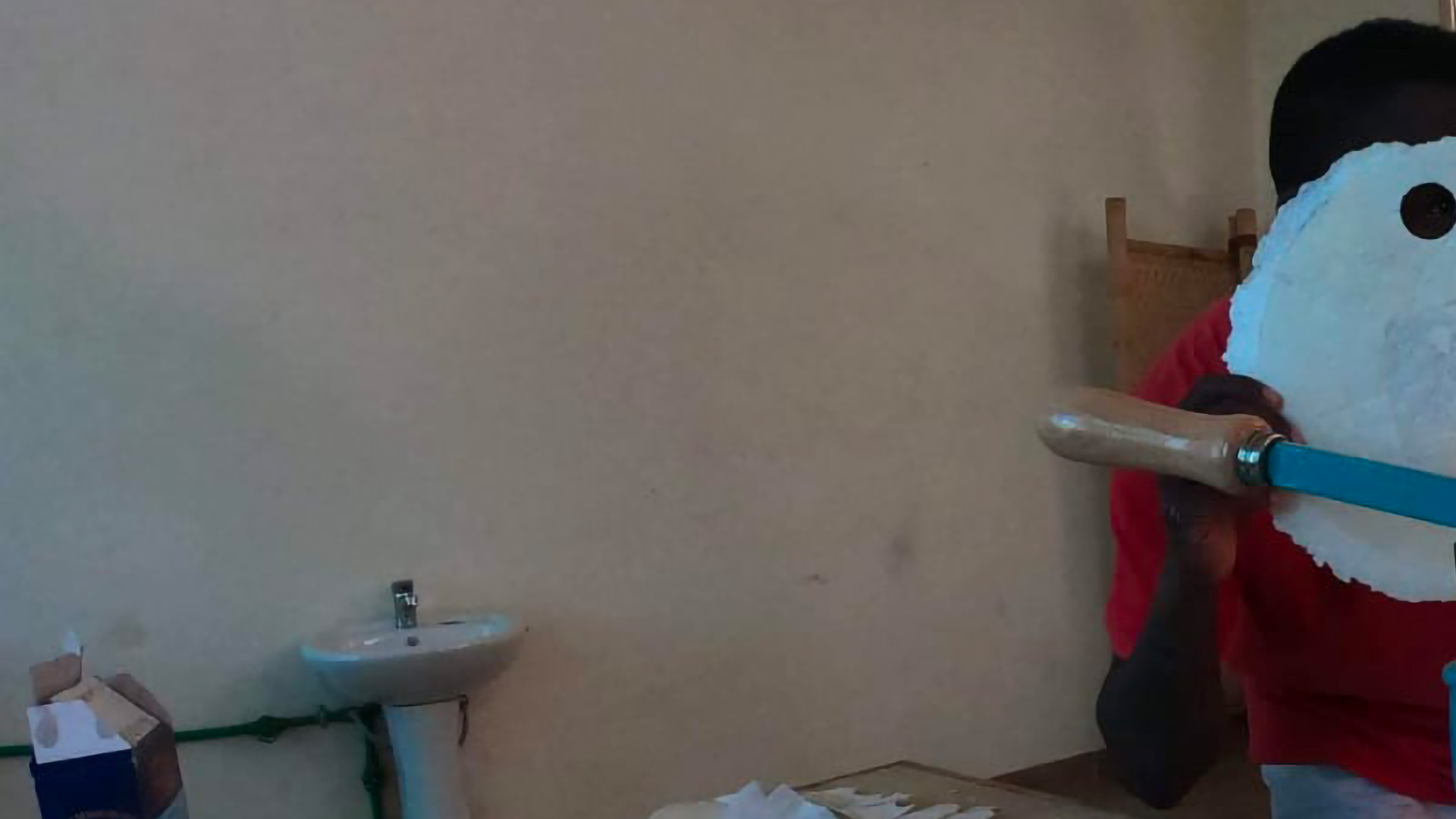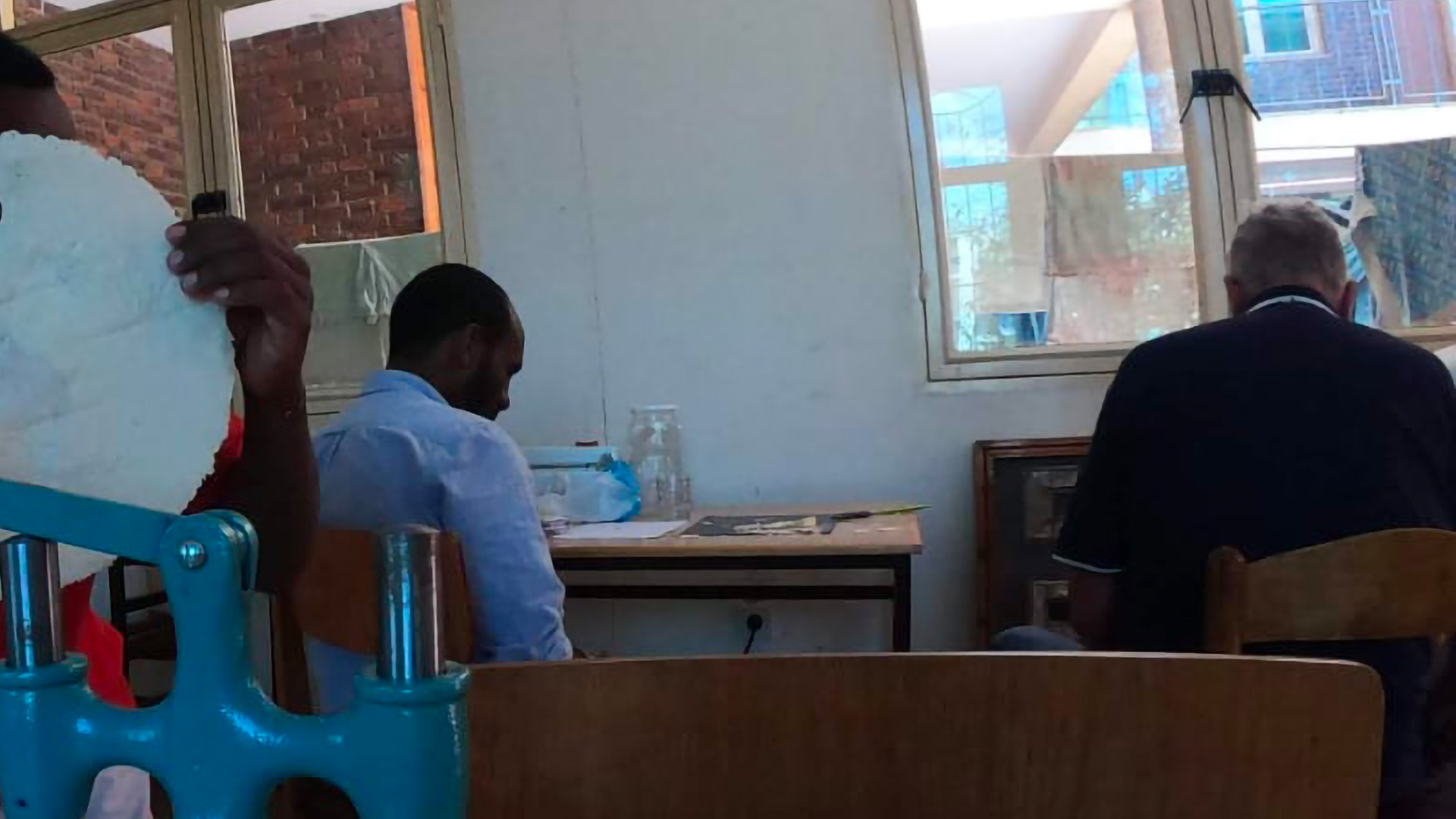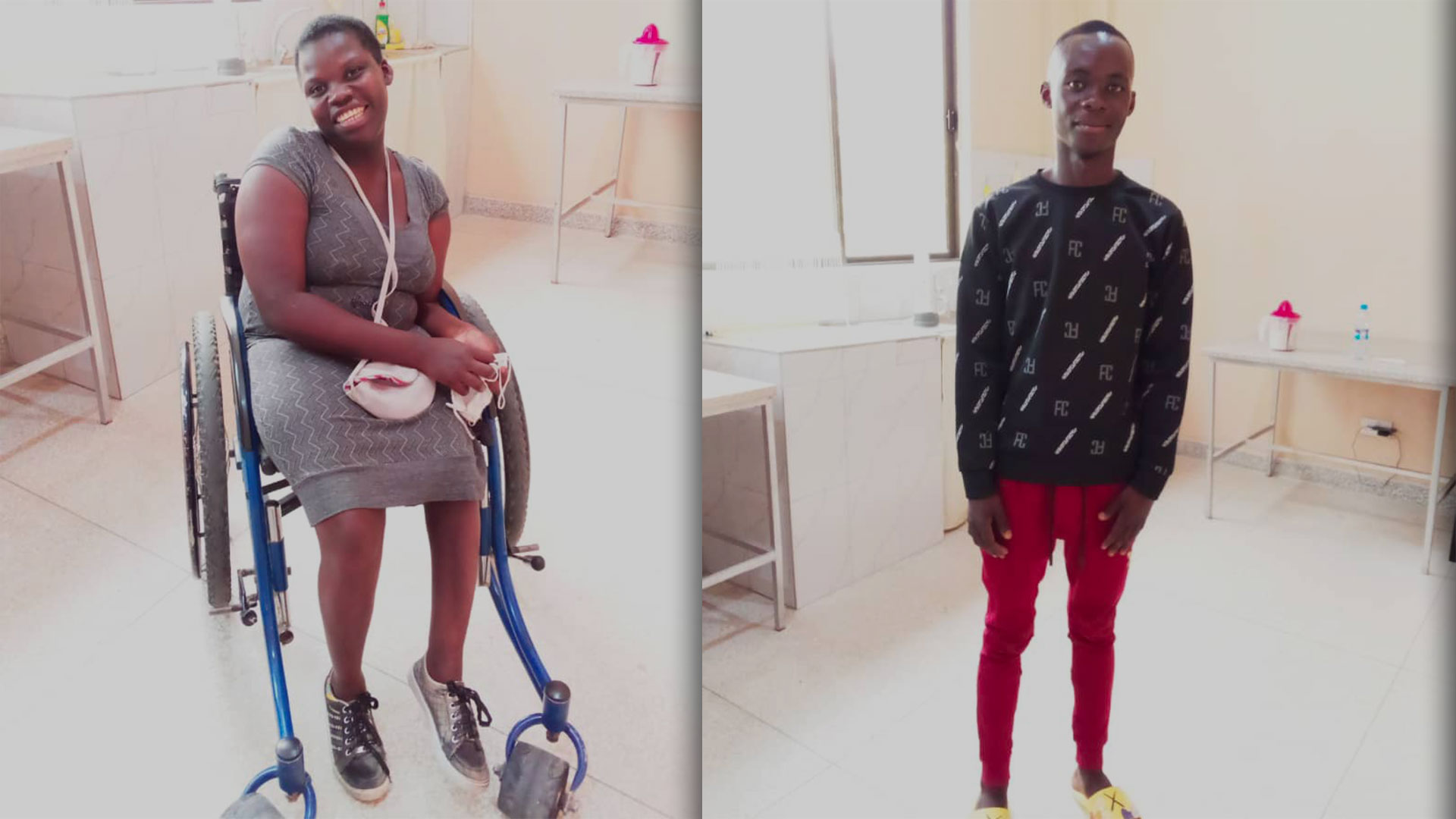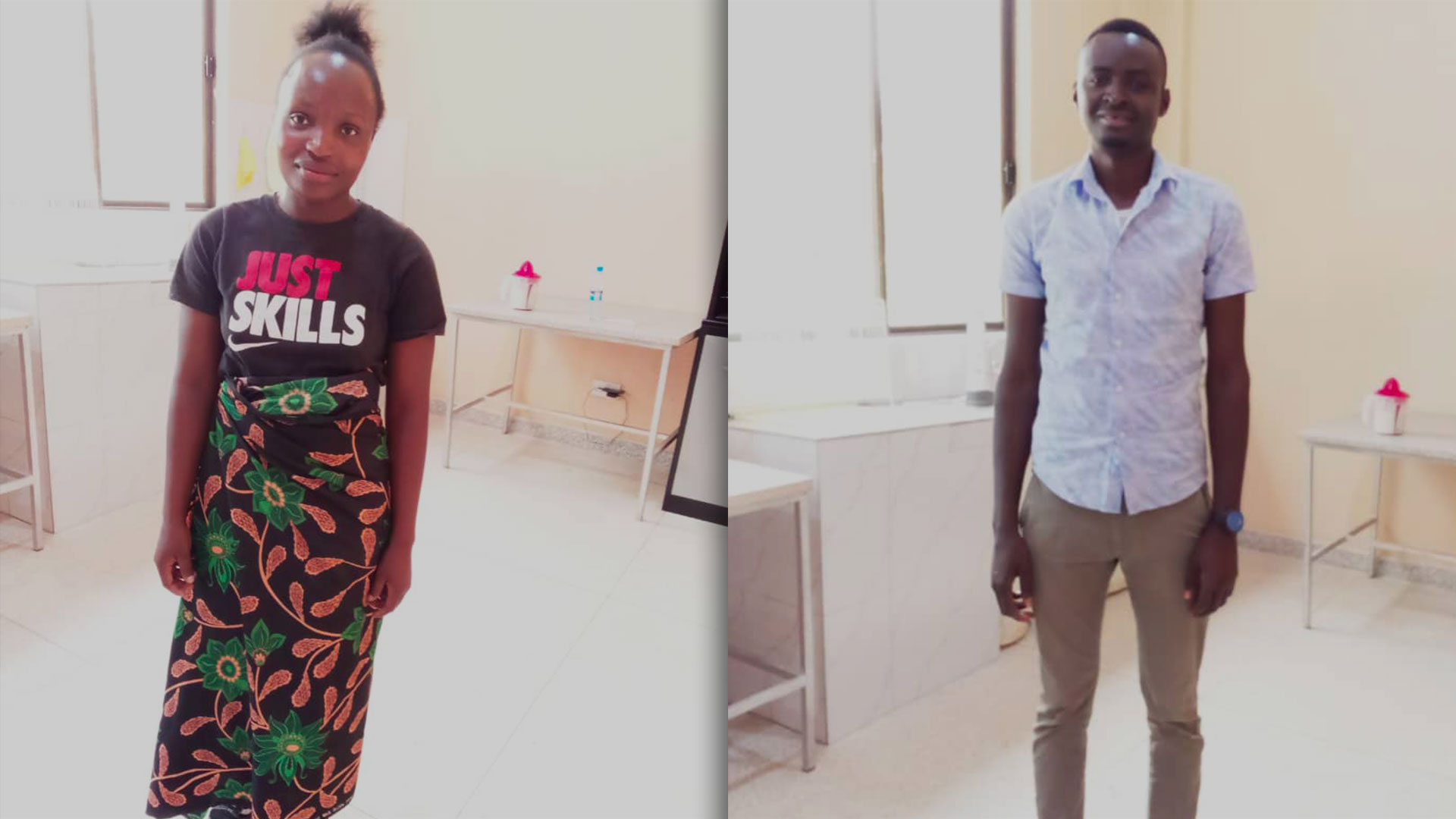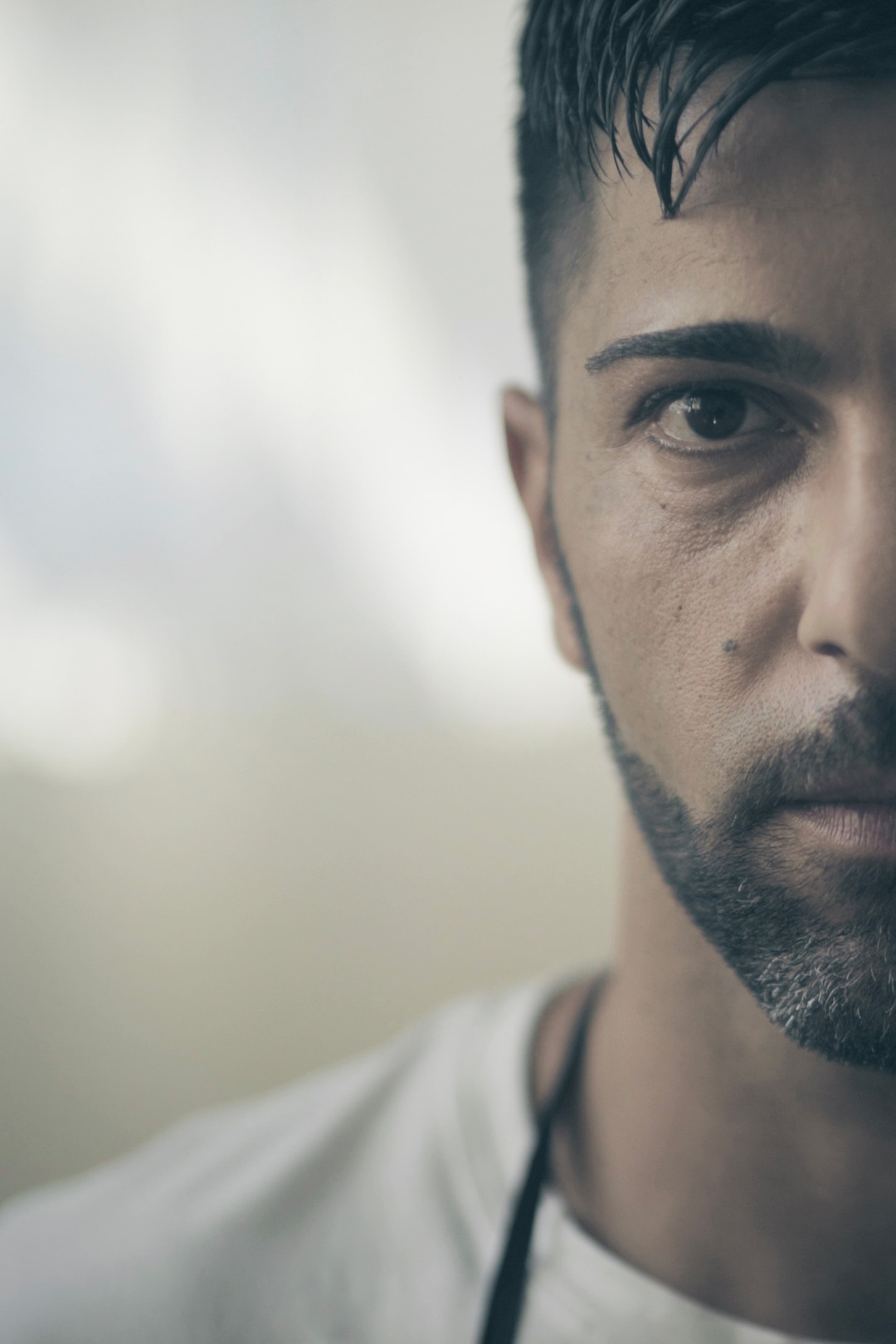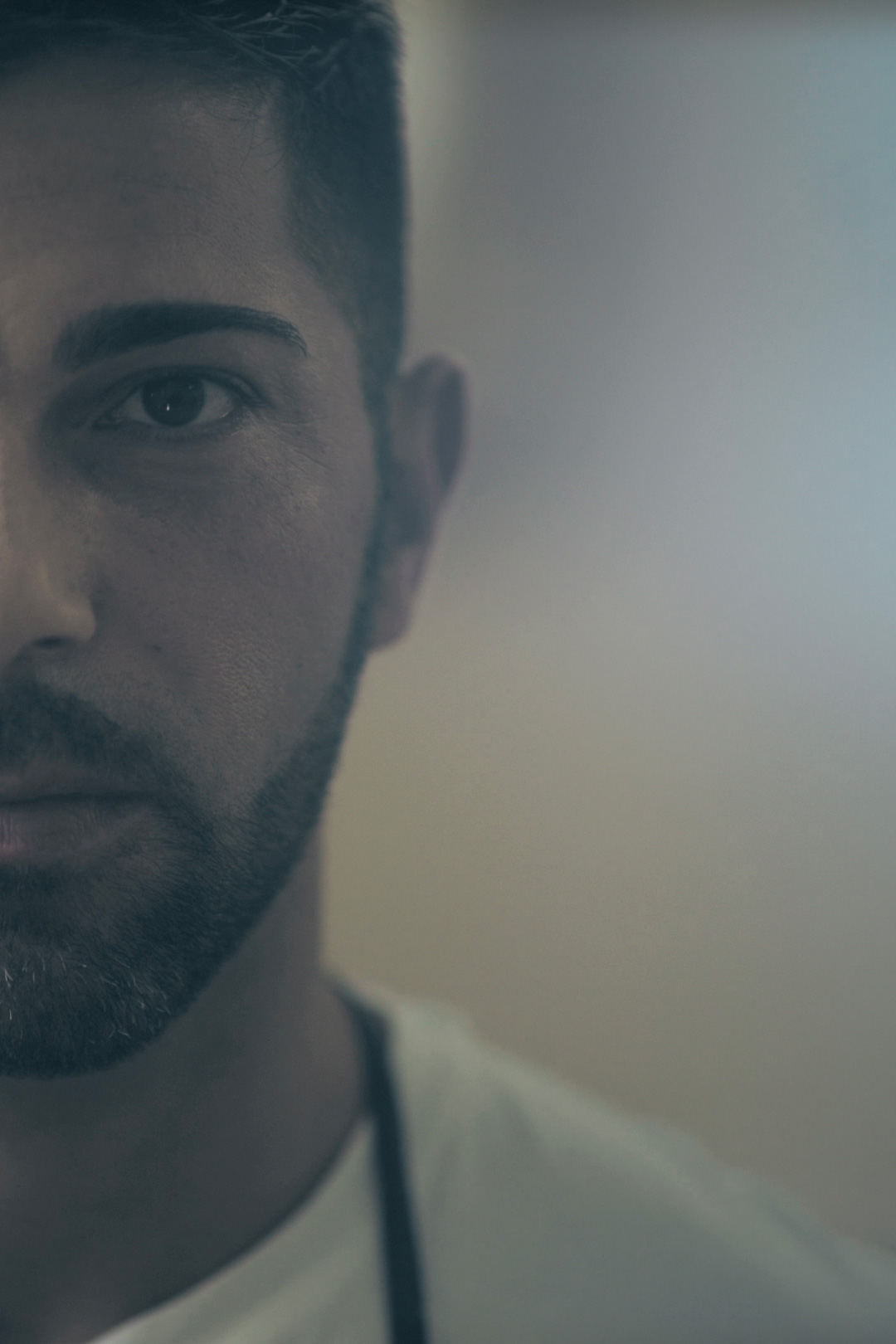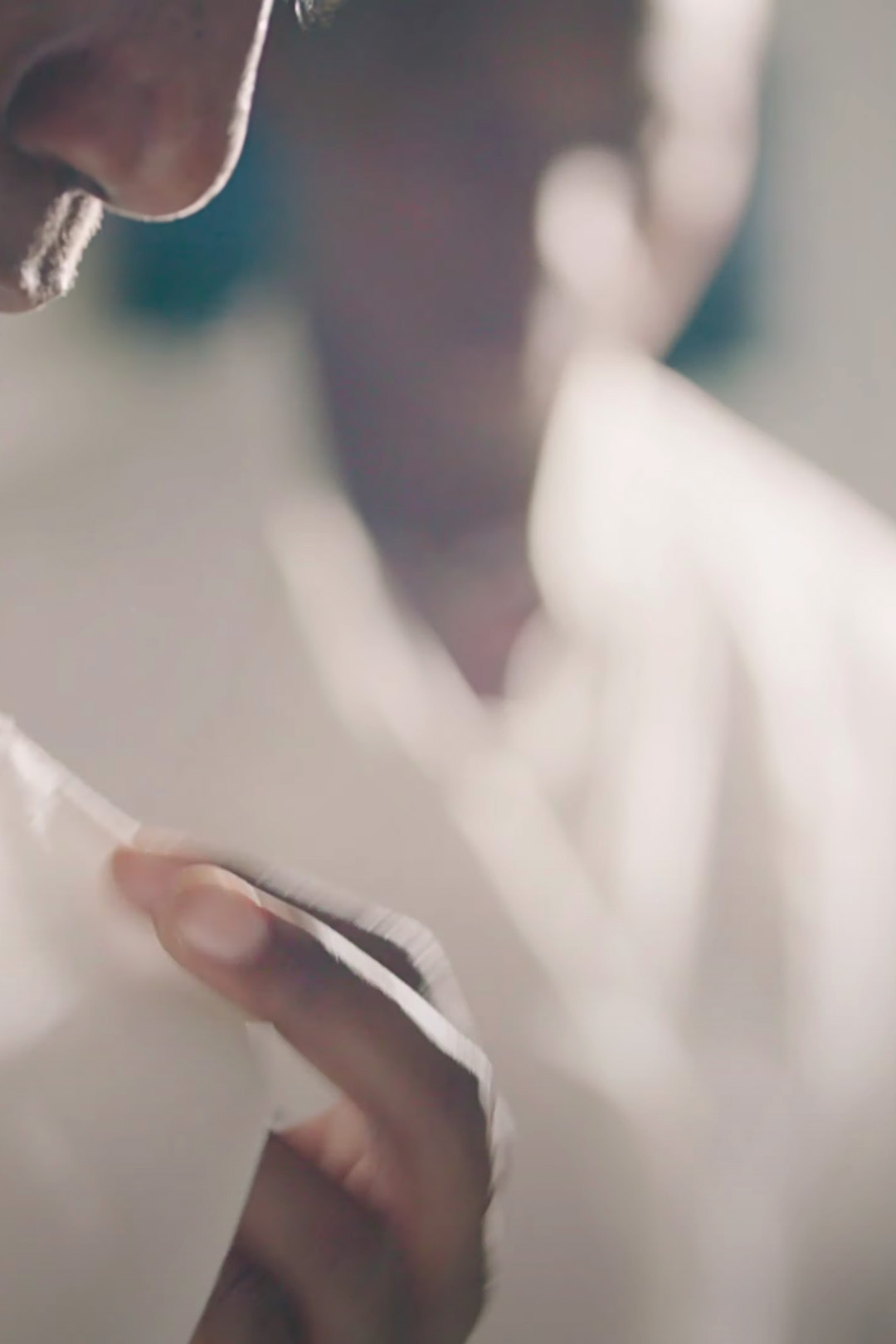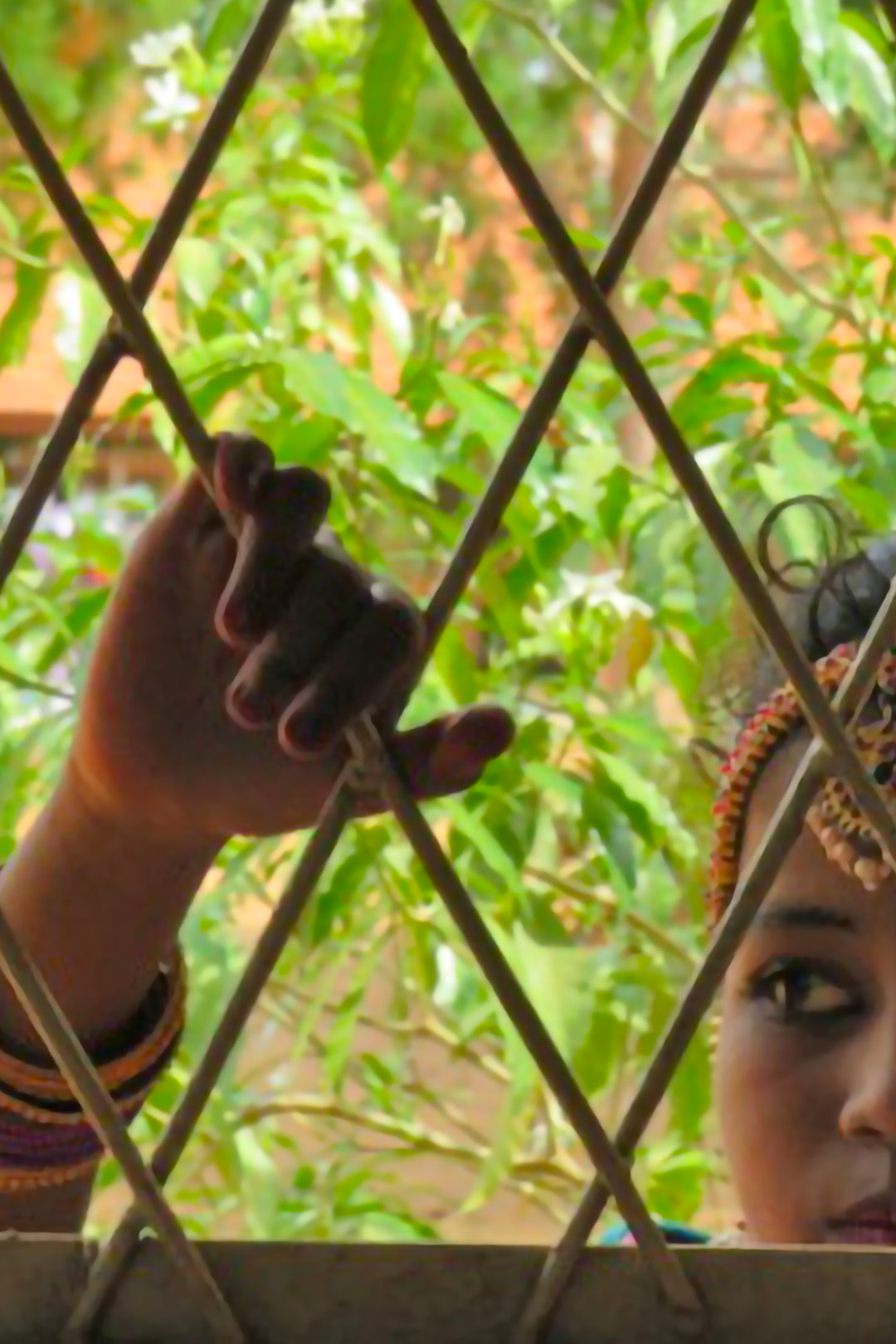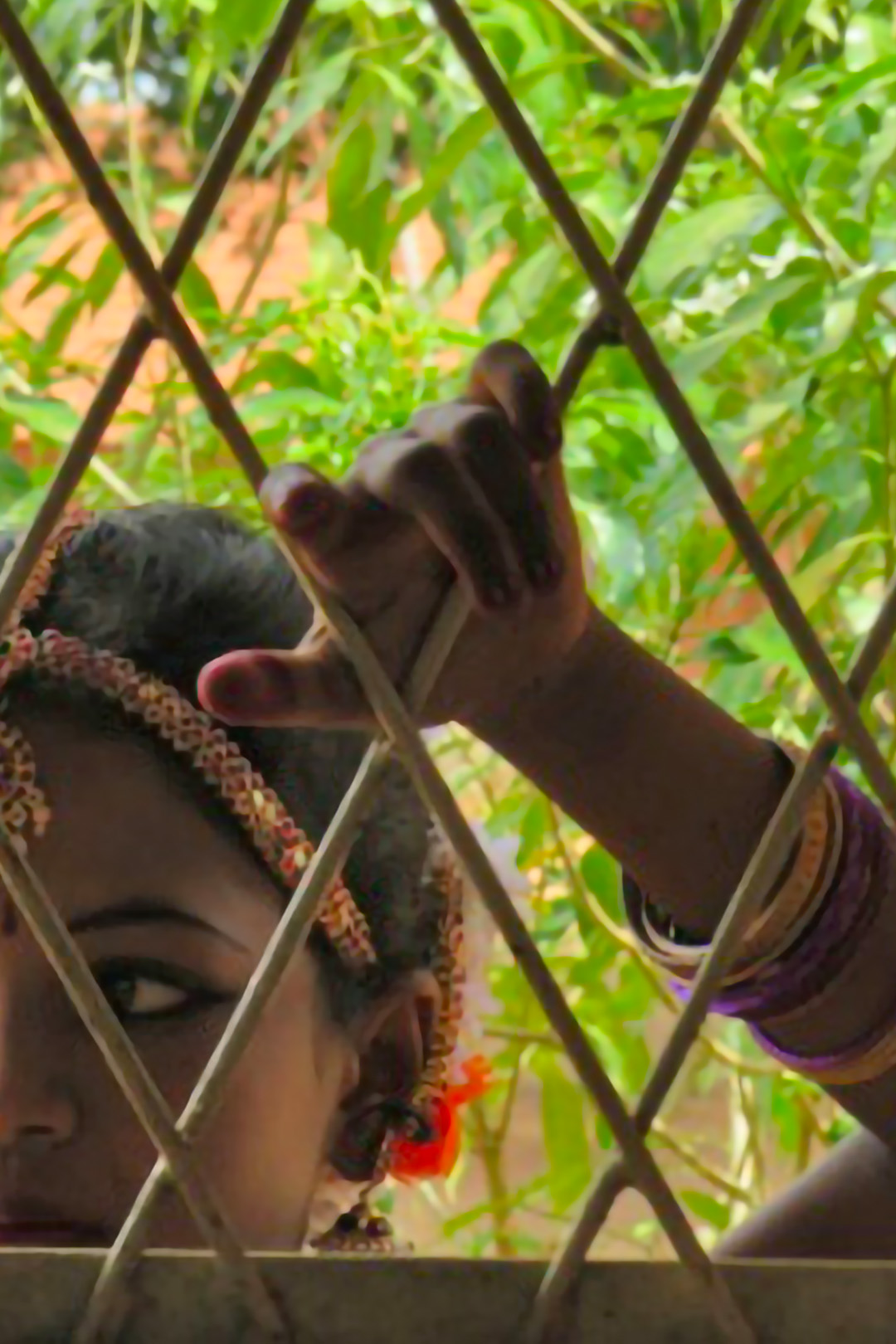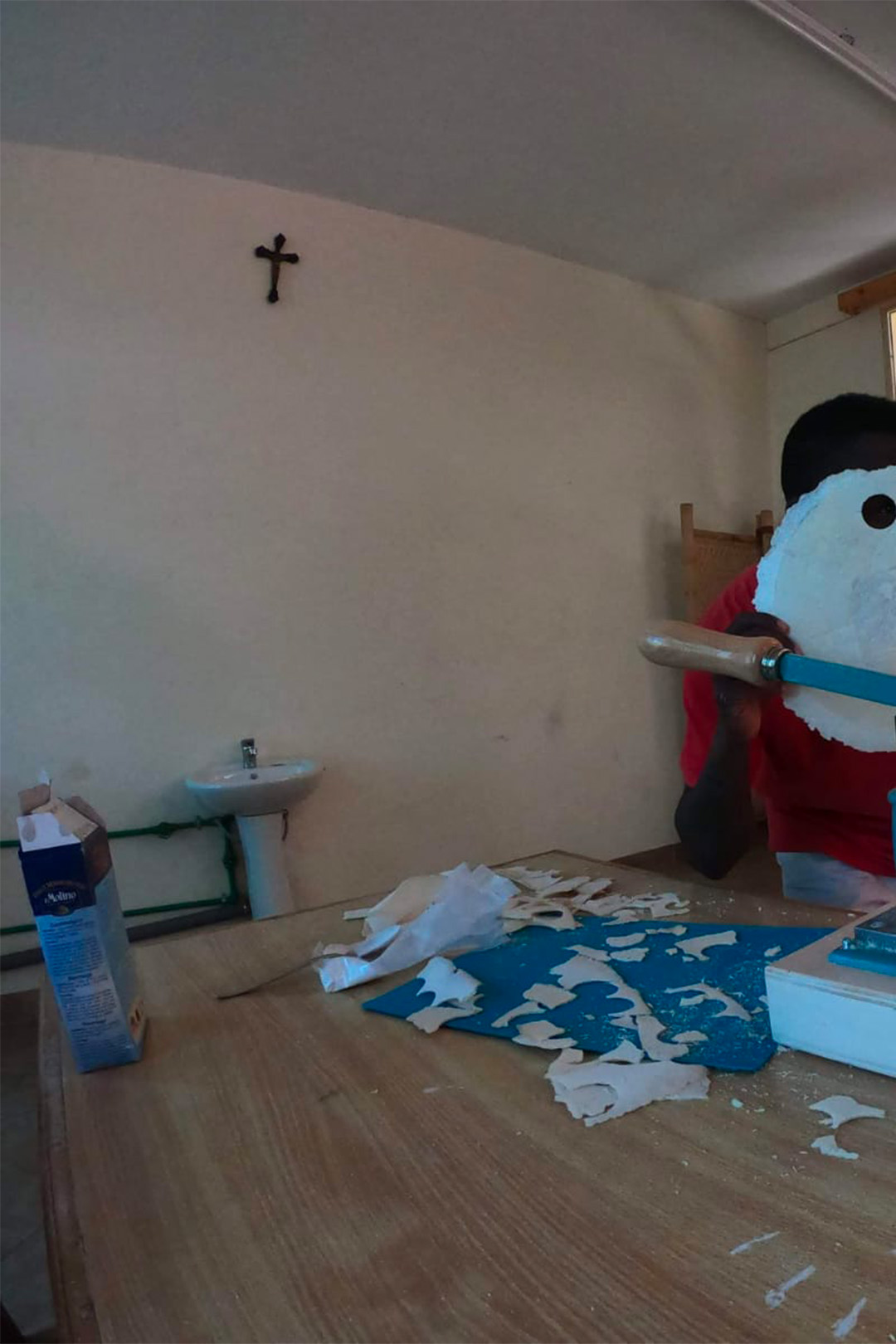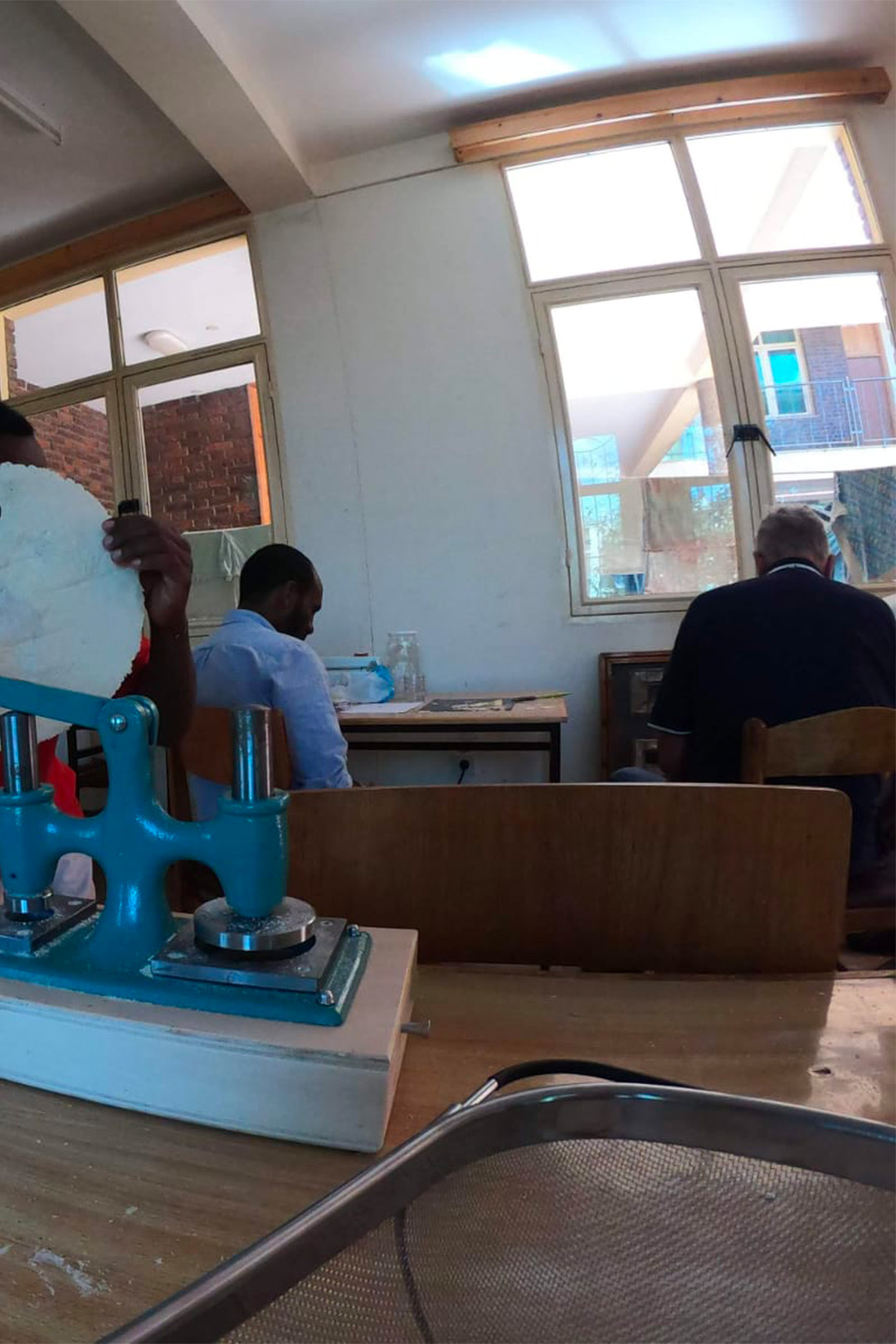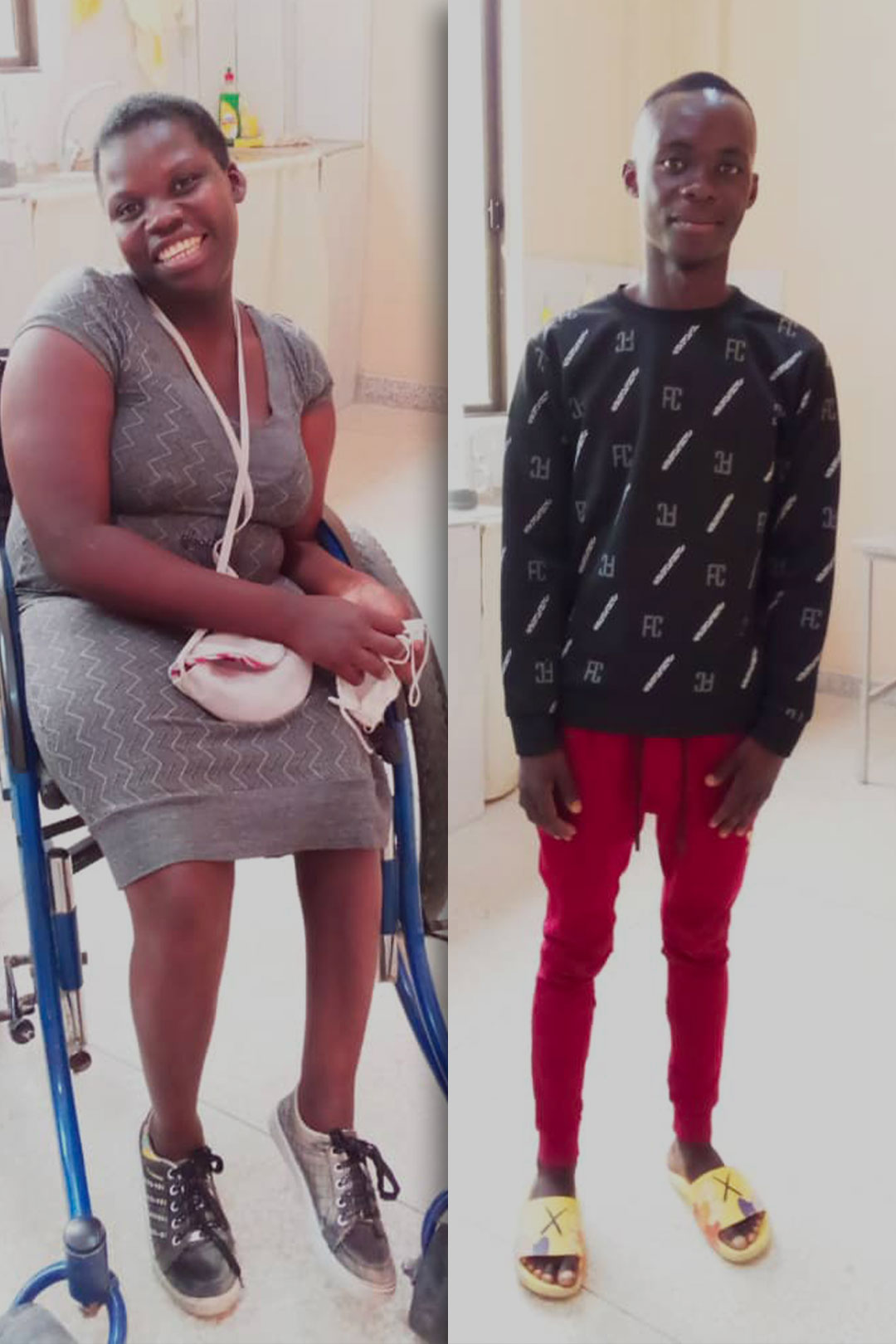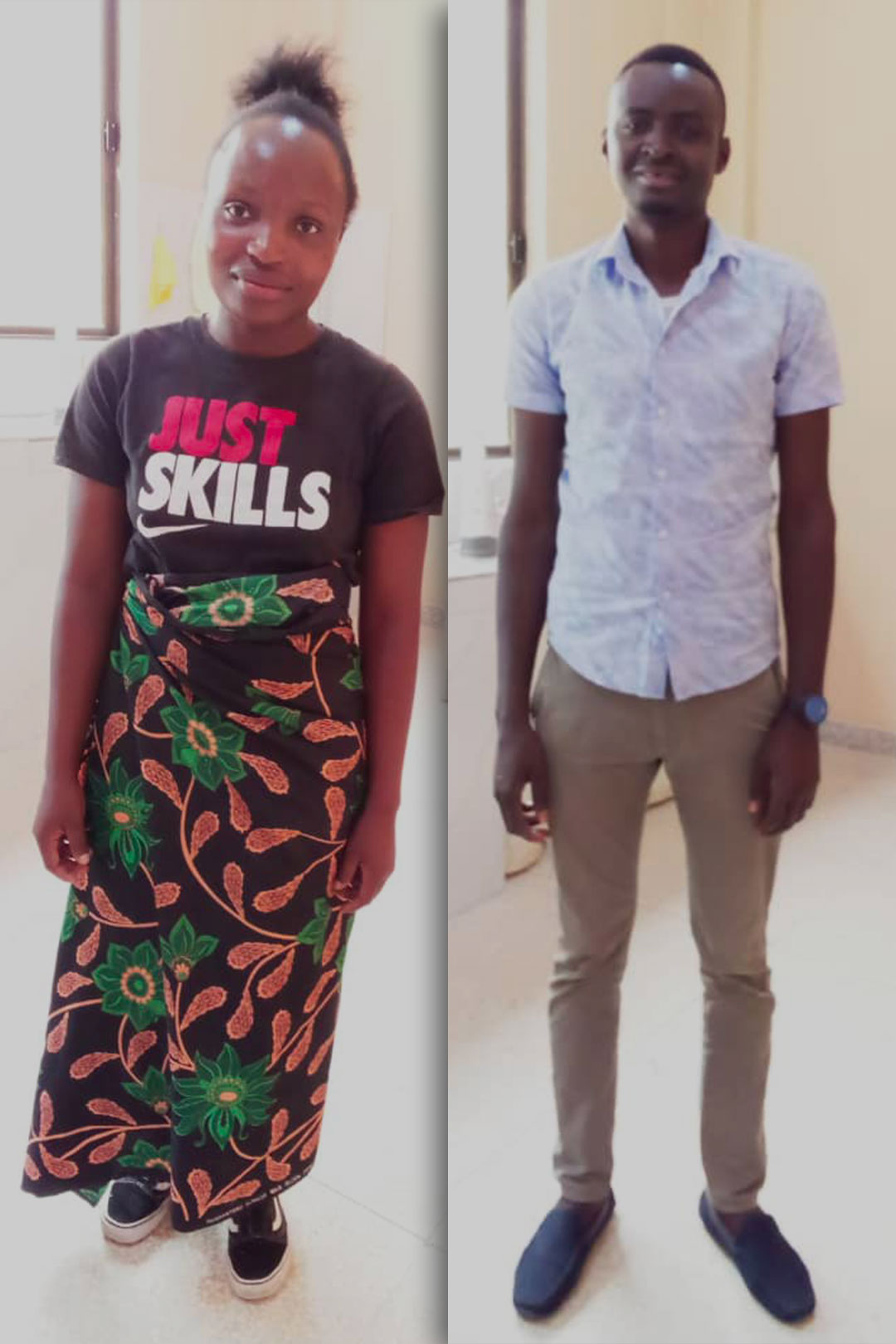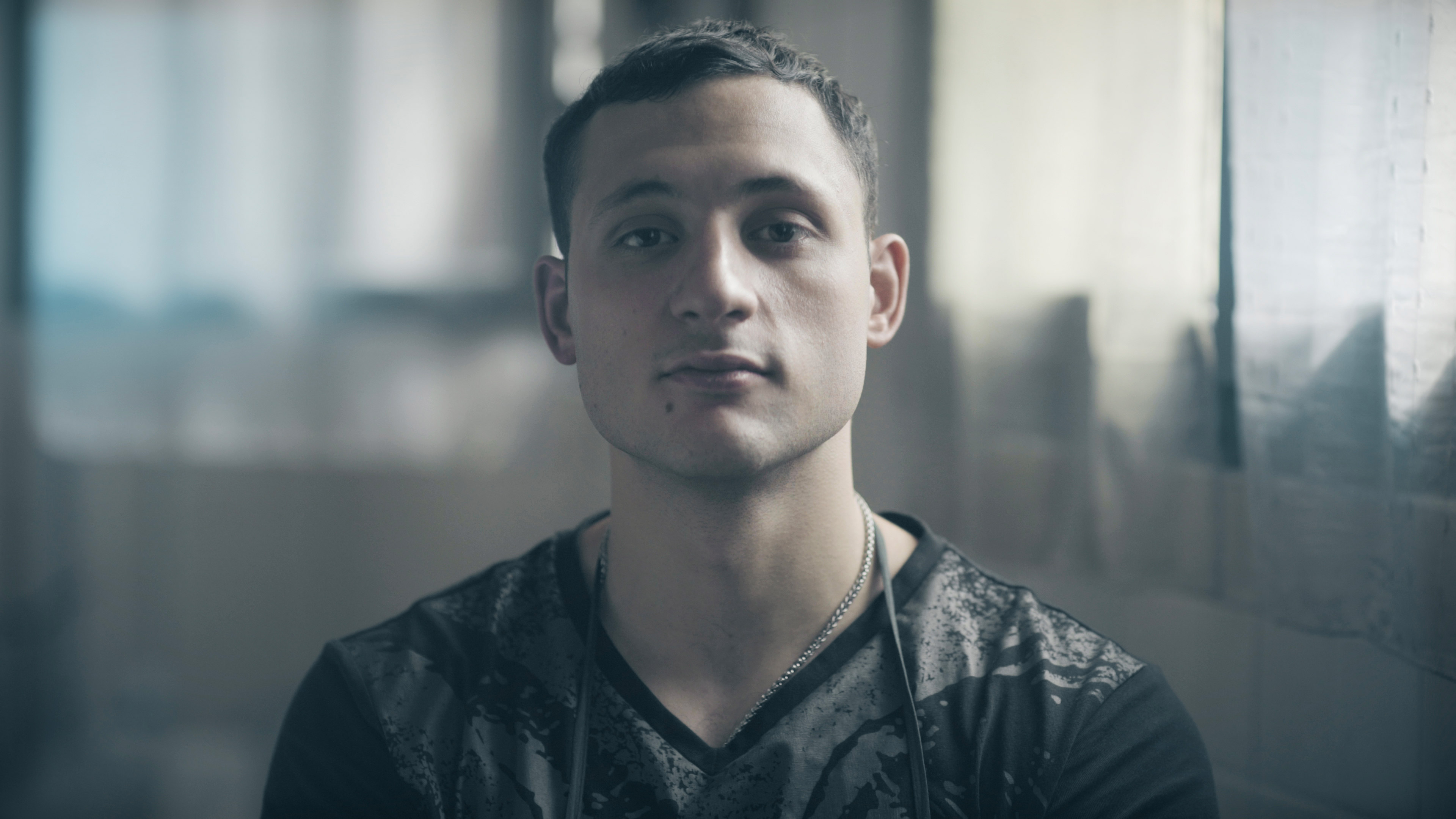

"Progetti di Vita" (Life Projects)
The "eucharistic workshops" are meant to be "bridge-places", i.e. places where fragile people that produce the hosts have the possibility of a job, and therefore of a salary, and are listened in order to understand a possible life project suited to their talents and inclinations. The workshops, therefore, are places where the human being and its dignity are at the center, in order to be listened to and cultivated, so that it can flourish in a concrete project of autonomy. In every workshop the educators, through an accompaniment path of a maximum duration of two years, together with the priest in charge of the project, help each person in his or her social and work integration or reintegration. Only in the case of prison, where the sentences to be served are often very long, the people who work in the workshop are hired permanently.
Before "leaving" the workshop, frail people who have received support, teach other people in difficulty the "art" of making hosts. A "handover" that allows to help as many people as possible. The path towards dignity and autonomy is always closely connected to the testimony that is addressed to the churches. The priests who receive the hosts as a gift tell the faithful where the hosts come from, tell about that particular context of poverty and testify that in the consecrated bread there is truly the presence of Christ.
Information will soon be available on Life Projects concerning the people involved in the other “Eucharistic workshops”.
"Progetti di Vita" (Life Projects)
The workshops, therefore, are places where the human being and its dignity are at the center, in order to be listened to and cultivated, so that it can flourish in a concrete project of autonomy. In every workshop the educators, through an accompaniment path of a maximum duration of two years, together with the priest in charge of the project, help each person in his or her social and work integration or reintegration. Only in the case of prison, where the sentences to be served are often very long, the people who work in the workshop are hired permanently.
Before "leaving" the workshop, frail people who have received support, teach other people in difficulty the "art" of making hosts. A "handover" that allows to help as many people as possible. The path towards dignity and autonomy is always closely connected to the testimony that is addressed to the churches. The priests who receive the hosts as a gift tell the faithful where the hosts come from, tell about that particular context of poverty and testify that in the consecrated bread there is truly the presence of Christ.





